The newest registered user is гераскинс
Our users have posted a total of 48009 messages in 7050 subjects
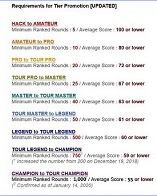
WORLD CLOCK
NAT GEO * What's better for medical diagnosis: human doctors or AI technology? *
Valley of the Sun Casual Club :: WORDS , FACTS , DATES , GAMES & TRIVIA & HISTORY :: NATIONAL GEOGRAPHIC
 NAT GEO * What's better for medical diagnosis: human doctors or AI technology? *
NAT GEO * What's better for medical diagnosis: human doctors or AI technology? *
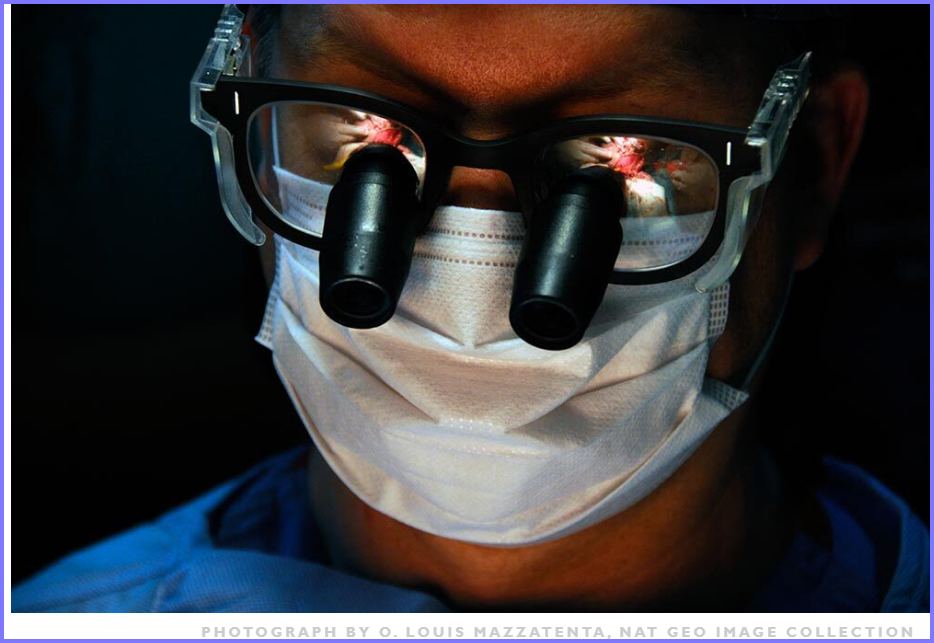
Researchers observed in a study published in 2023 that the intuitive judgment of surgeons surpasses predictive models for prognosticating a patient's potential to develop post-operative complications.
PHOTOGRAPH BY O. LOUIS MAZZATENTA, NAT GEO IMAGE COLLECTION
BYSTACEY COLINO
PUBLISHED JANUARY 10, 2024
In the medical arena, clinical intuition is finally getting the respect it may have long deserved.
Whether it’s called a gut instinct, a sixth sense, or a strong hunch, new research is supporting a process that blends rapid judgments and perceptions that occur outside of conscious awareness—a way of knowing something without knowing how you know it. The value of clinical intuition in medicine is now being studied and becoming particularly relevant as interest grows in developing artificial intelligence systems that can analyze medical data to diagnose or treat patients.
A study in a 2023 issue of the Journal of Clinical Medicine found that clinical intuition from physiotherapists on the prognosis for functional recovery among patients experiencing whiplash-related disorders was closely associated with the course of recovery after their accidents. Another study in a 2023 issue of the Journal of the American College of Surgeons concluded that compared to relying only on clinical data (such as a patient’s comorbidities and risk factors), “preoperative surgeon intuition alone is an independent predictor of patient outcomes.”
“This is a cognitive process. Clinical intuition is about expertise, knowledge, and pattern recognition that accumulate through experience. The mind is putting together all kinds of information and sequencing it in ways that say this person is really sick—or not,” says Meredith Vanstone, an associate professor in the department of family medicine in McMaster University in Hamilton, Ontario, who has done research on clinical intuition.
Given the depth of this cognitive process, some experts are skeptical that AI technology can make medical decisions as well as a human physician.
“As physicians go through years of interactions with patients and seeing thousands of cases, those gut feelings become a sort of summary statement of all the experiences they’ve seen,” says Mohammad Ghassemi, who does research on medical decision-making and the use of artificial intelligence for health at Michigan State University. “Clinicians can observe different things that are not always captured or made available by machines.” These details might incorporate how the patient looks and acts, including the person’s posture, facial expressions, and verbal responses to questions.
How doctors use clinical intuition
Granted, some health professionals use intuition more often than others do. In a study in Health Psychology and Behavioral Medicine, researchers found that physicians and nurses practicing in a medical specialty involving a high likelihood of an emergency or dimensions of complexity (such as anesthesiology, obstetrics, neurology, and intensive care) are more likely to use intuitive decision-making in their practice.
“As surgeons, we say the first thing we need to do is look at the patient because the structured data may not be consistent with what we see with the patient,” says Gabriel Brat, a trauma surgeon, surgical intensivist and informatics professor at Harvard Medical School. “My ability to do this comes from many years of evaluating patients and developing an internal reference for how someone with a certain disease state looks.”
In a study involving 30 physicians in emergency, internal, and family medicine, Vanstone and her colleagues interviewed the participants about how they work with intuition in their clinical practice. The research team found that experienced physicians have many example stories of “diagnostic intuition that alerted them to unusual diagnoses, previous diagnostic error, or deleterious trajectories.”
“In emergency medicine, intuition is an extremely important part of what we do because we’re asked to make decisions rapidly with little available information,” says Jeffrey A. Kline, an emergency medicine physician at Wayne State University School of Medicine in Detroit. “Intuition is a big part of deciding when it’s necessary to order diagnostic tests, especially imaging tests.”
Supporting Kline’s perspective is a study from PLoS One that found that clinical intuition from nurses and physicians about the chances that older patients visiting emergency departments would die or have other adverse outcomes within 30 days was highly accurate. And when the patients agreed with the intuitive judgment, their likelihood of getting an accurate diagnosis improved. Meanwhile, research suggests that gut feelings from patients about what’s wrong with them is useful information for primary care physicians to consider when it comes to making decisions about their care.
In late November, Keith Siau’s experience with clinical intuition went viral on X (formerly known as Twitter). A gastroenterologist at Royal Cornwall Hospitals NHS Trust in the United Kingdom, Siau had received a phone call from a senior colleague who was treating an 80-year-old man with jaundice from a large gallstone that was wedged in the bottom of his bile duct (a condition known as cholangitis). He had been in the hospital for five days and had been holding steady, with normal vital signs and stable blood test results. Because the patient also had a blood clot in his lung, he was taking a short-term blood-thinning medication.
The dilemma was whether to perform an interim endoscopy immediately—to treat the bile duct blockage—and risk excess bleeding or wait a day to let the anticoagulant drug wash out of his body and enable complete removal of the stone. Siau thought it was prudent to wait, in order to remove the stone with one procedure rather than two, and the other doctor reluctantly agreed.
“As I put the phone down, I realized I had dismissed this experienced colleague’s intuition that something was not quite right about this patient,” Siau says. So, he called the doctor back and asked if he thought the patient’s condition would deteriorate if they waited a day. His colleague said yes so the patient was taken to surgery.
By the time he arrived, his heart rate had risen to 180 to 200 beats per minute and he had spiked a fever. After the patient gave his consent, Siau cautiously performed the endoscopy procedure, putting in a stent to let the pus and bile drain. “When I checked on him the next day, he was a different person—his fever was gone and he looked and felt a lot better,” says Siau. “For me, the lesson of the story is to trust the sixth sense that other experienced clinicians have. I got lucky that day because the outcome could have been very different if we’d waited.”
The importance of questioning intuition
None of these experiences suggest that clinical intuition should be blindly acted upon. Making clinical decisions solely on the basis of a physician’s intuition isn’t the way to go, experts say. But relying solely on medical algorithms (mathematical models) that generate predictions about how a patient is likely to respond to different treatments isn’t the best course of action either.
“The piece that makes data scientists uncomfortable is there’s a lot of variability in the clinical intuition of a given physician, whether it’s because they’re tired, less experienced, distracted, or something else,” Brat adds. “That’s why you don’t use it by itself. It’s really important to ask ourselves when does this intuition have value.”
To optimize patient care, some experts believe a hybrid approach that integrates clinical intuition, predictive algorithms, patient preferences, and other key factors is essential. “Clinical intuition is a part of clinical expertise,” says Jennifer Yost, a nurse specializing in pediatric intensive care and a professor at the M. Louise Fitzpatrick College of Nursing at Villanova University. “Poor decisions in health care are made when clinical expertise is the only factor that’s considered.”
Health-care professionals should recognize when they’re experiencing intuition and listen to it, experts say. Then, they should weigh their intuition against objective information, including vital signs and test results, and use analytical reasoning to decide how to proceed. It’s also important for clinicians to vet their intuitions with other health-care professionals to see whether they would agree with them, Ghassemi says.
“As physicians, we all want to think of ourselves as purely rational agents, integrating data and making decisions that way,” Brat says. “It’s clear for multiple reasons that physicians make decisions that are not algorithmic but are based on intuition. I think the collaboration between AI tools and clinician intuition will be the best approach in the future because it’s likely to have the best outcome for patients.”
 Similar topics
Similar topics» GOOGLE NEWS : TECHNOLOGY : WHATSAPP
» Toby Keith, country singer-songwriter, dies at 62 after stomach cancer diagnosis
» QUIZ TREAT ANSWER PAGE
» NAT GEO * 7 medical breakthroughs that gave us hope in 2023 *
Valley of the Sun Casual Club :: WORDS , FACTS , DATES , GAMES & TRIVIA & HISTORY :: NATIONAL GEOGRAPHIC

 Events
Events








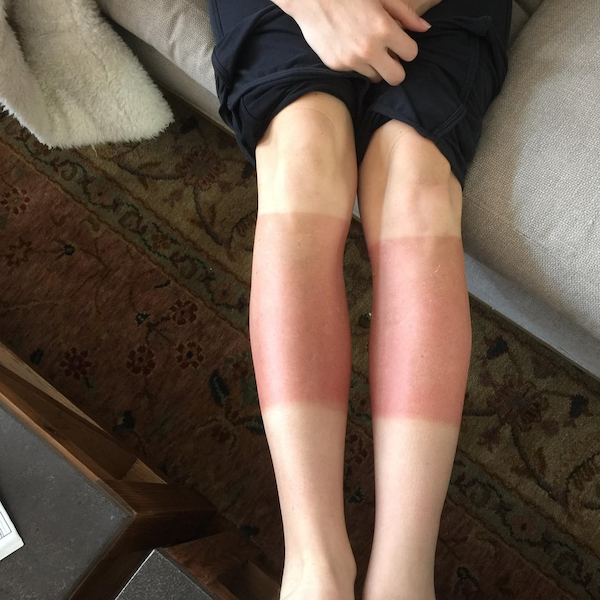


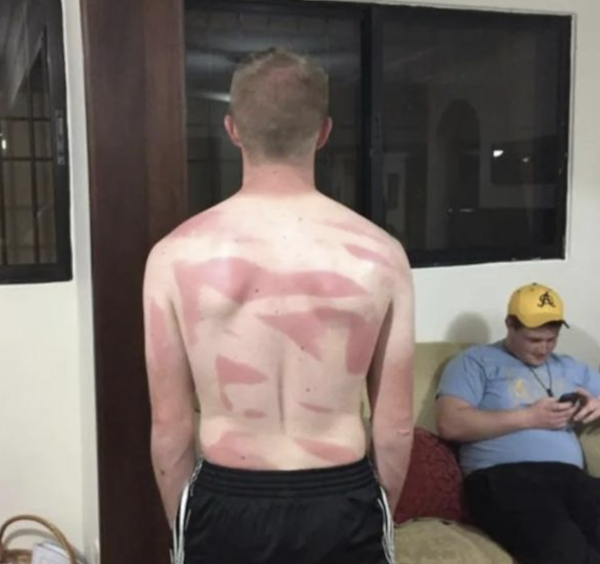
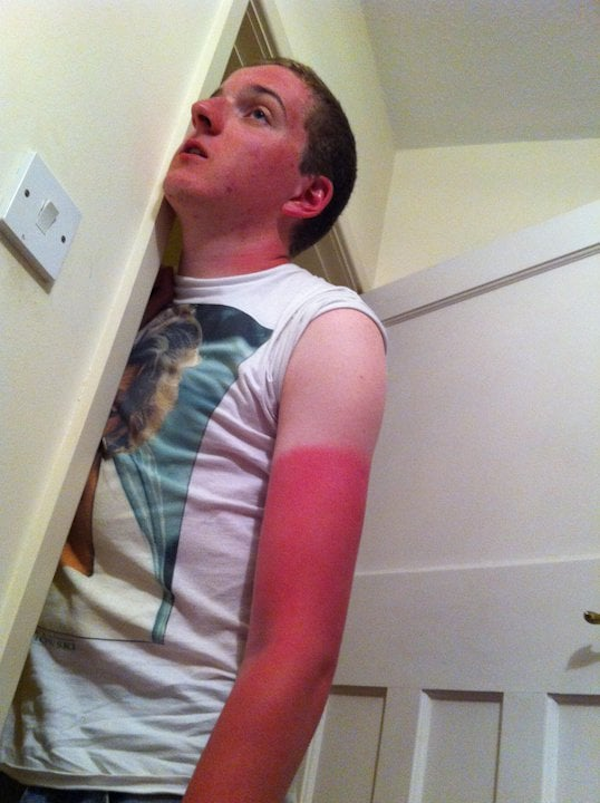

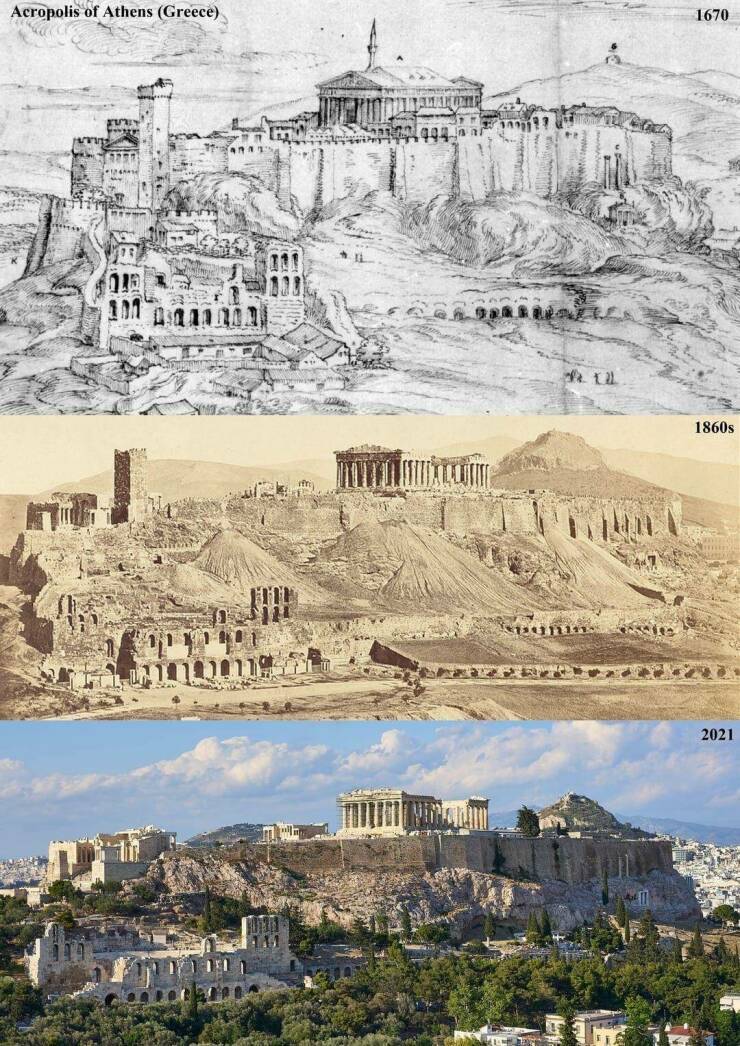
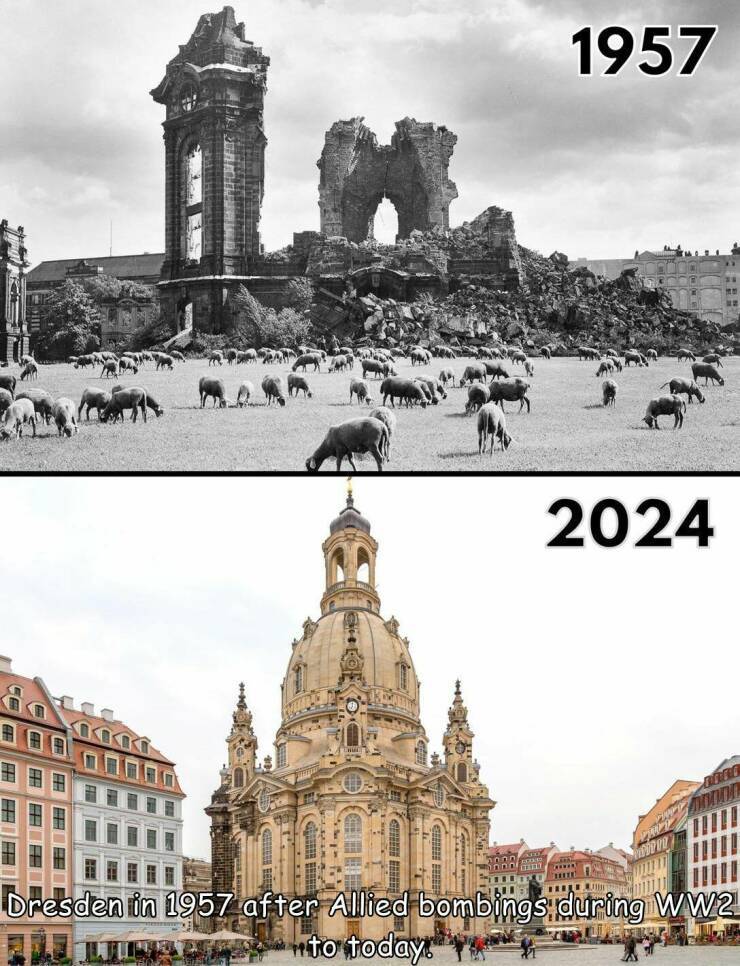
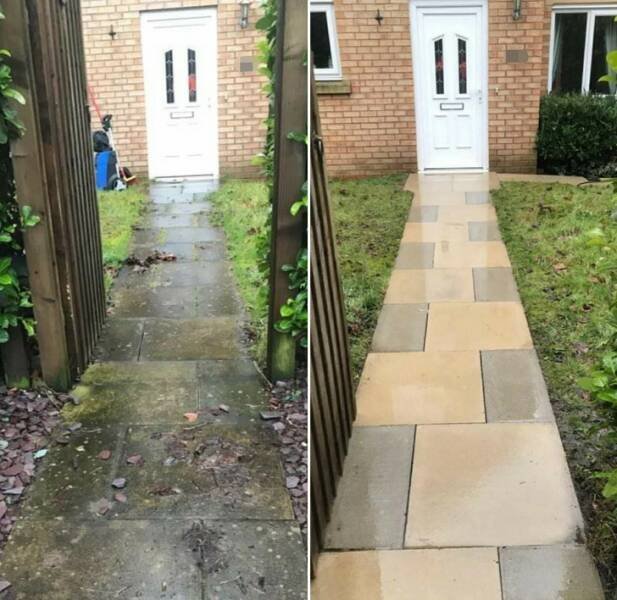
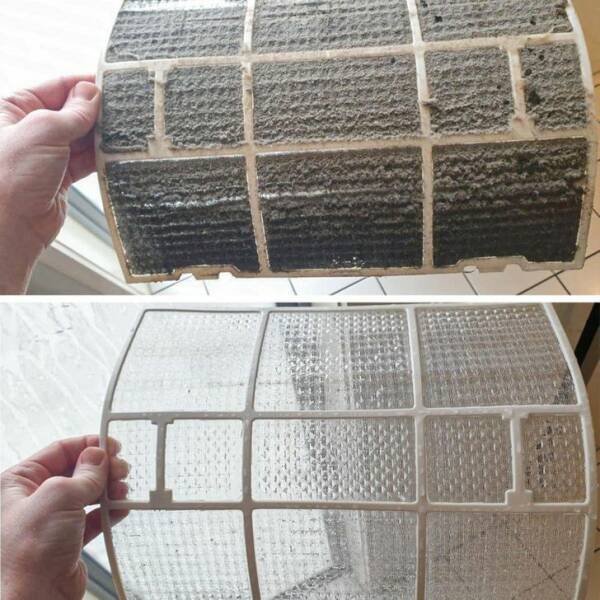

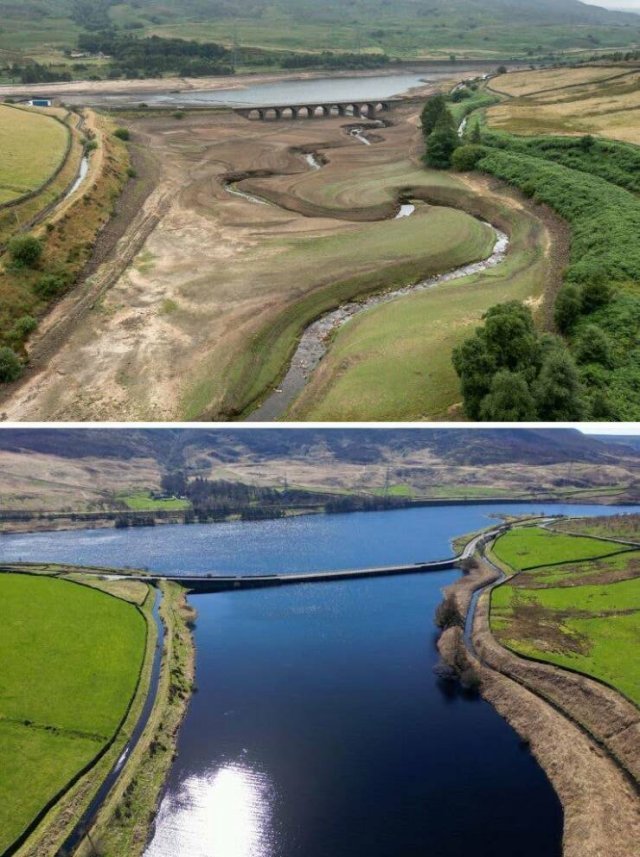
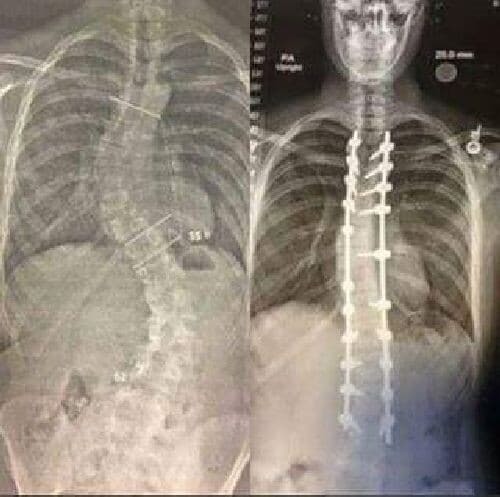
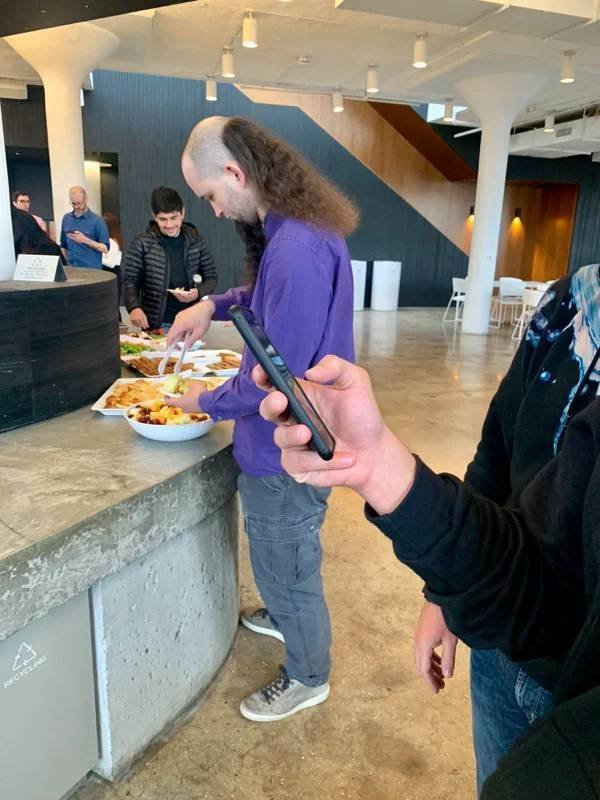



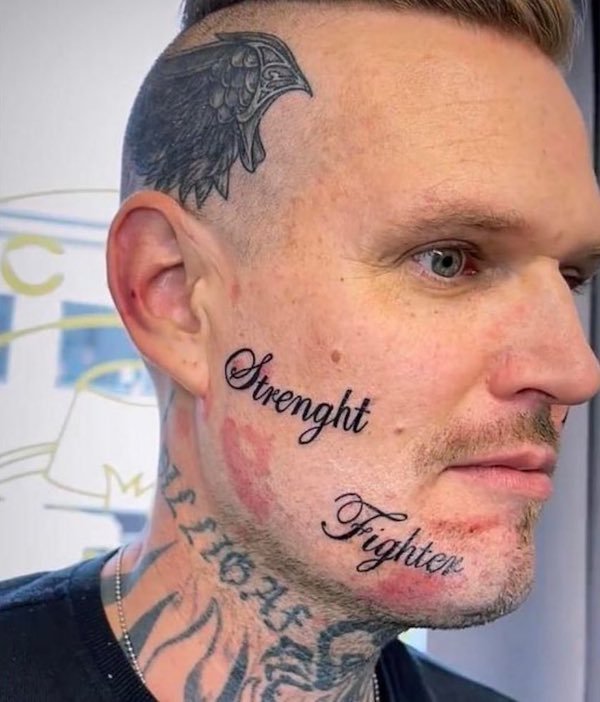

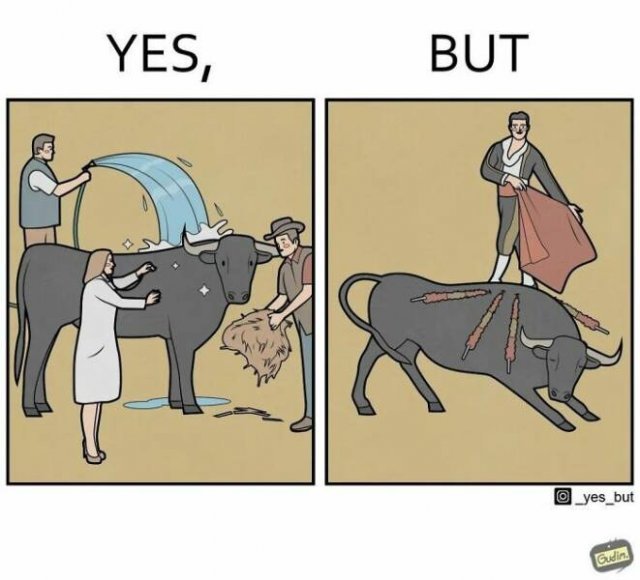
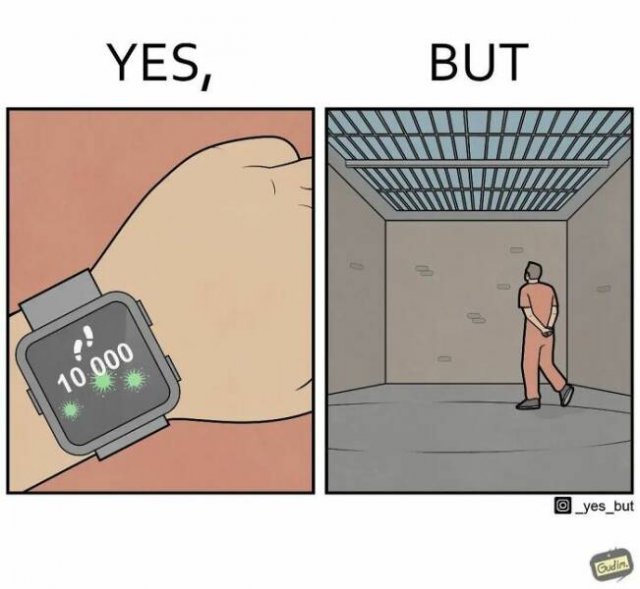
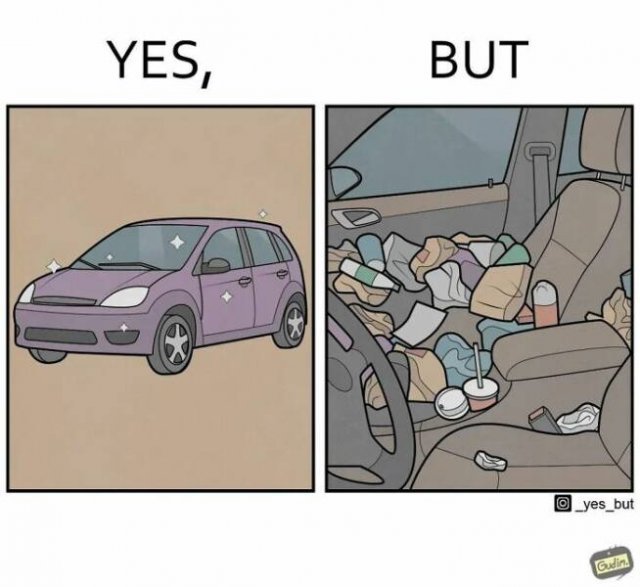
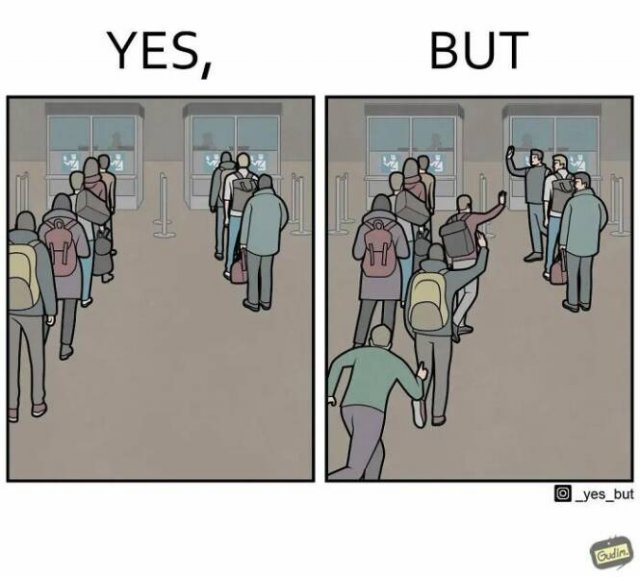
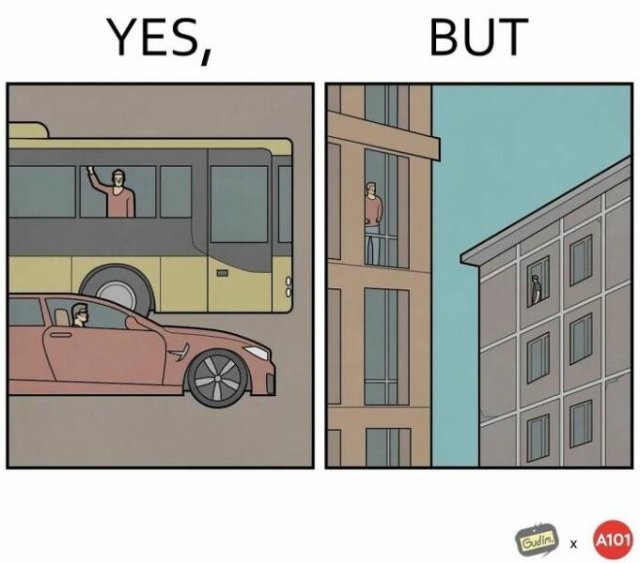
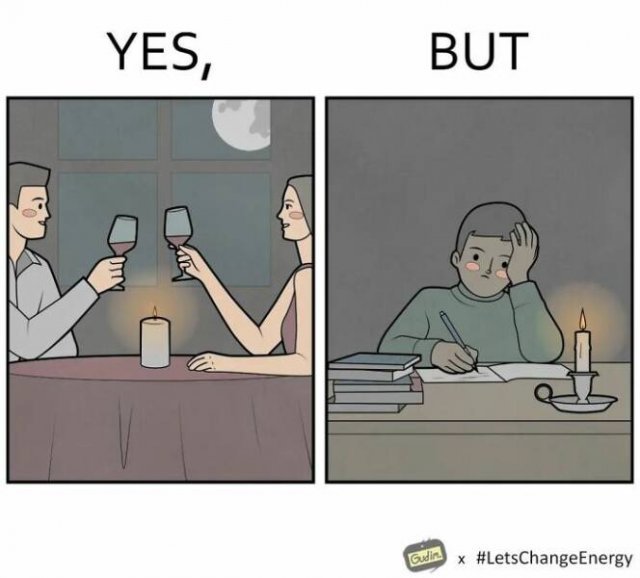
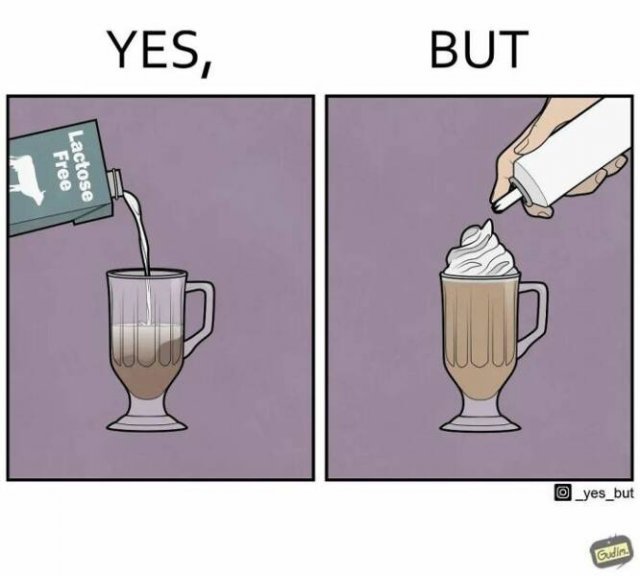
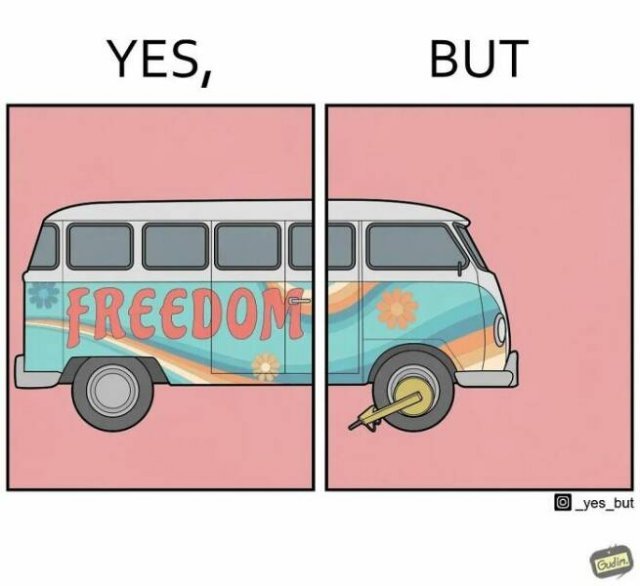
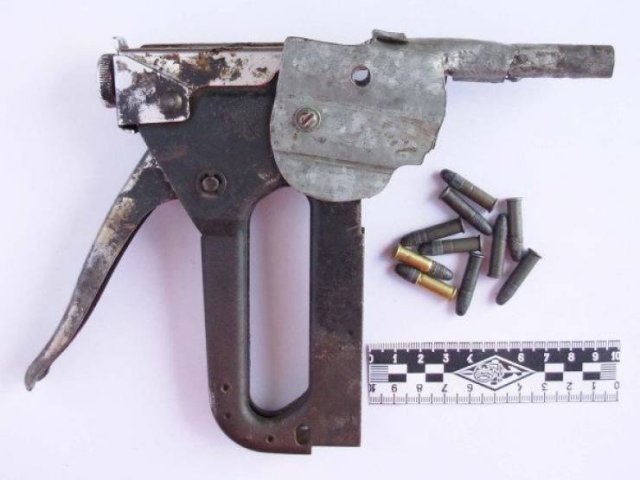

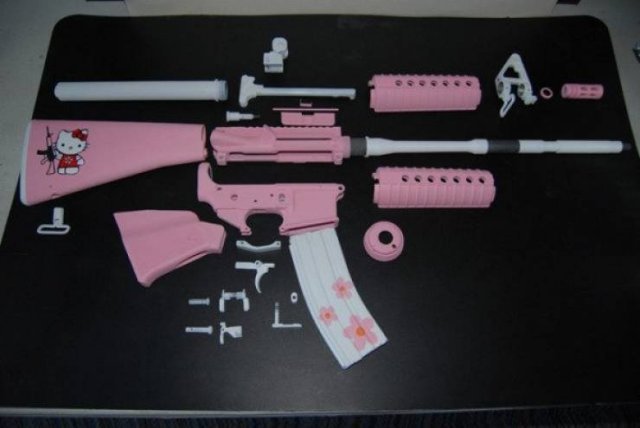
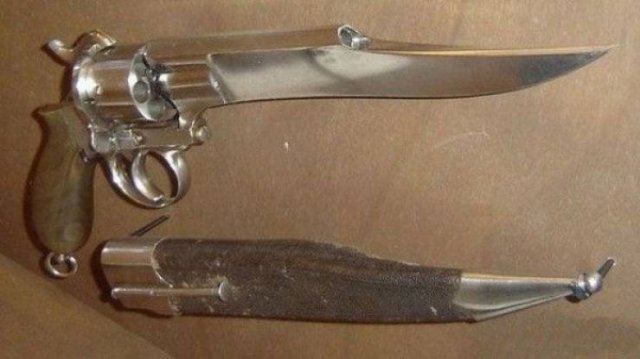

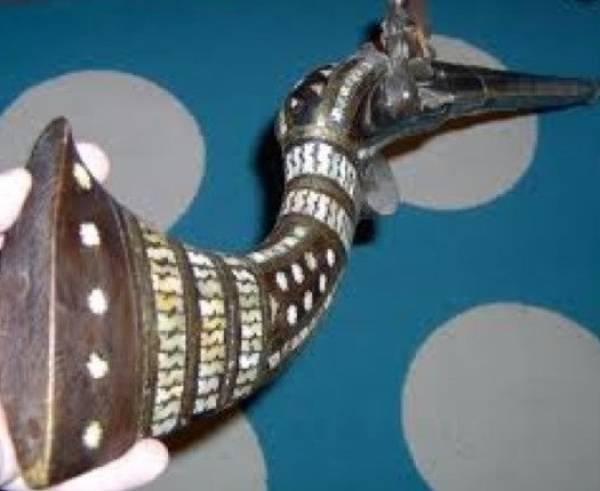
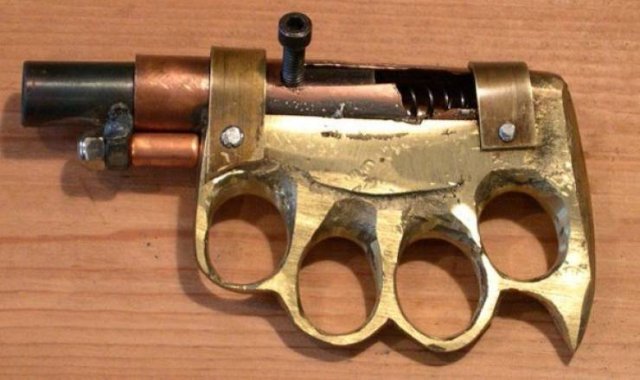
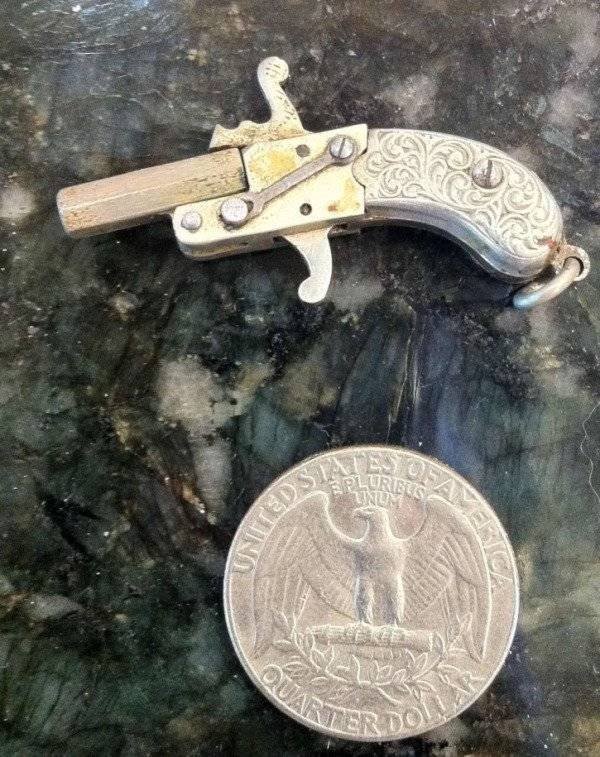
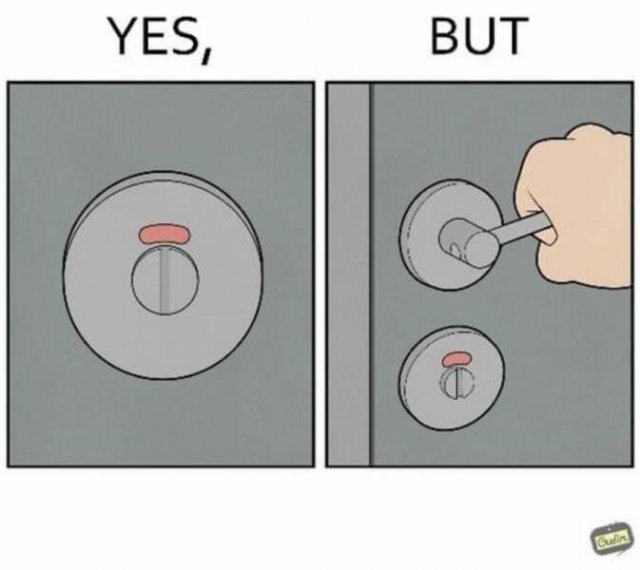
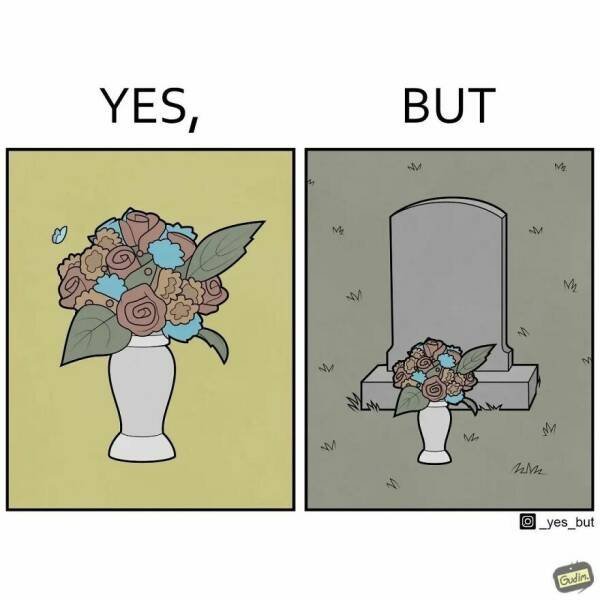
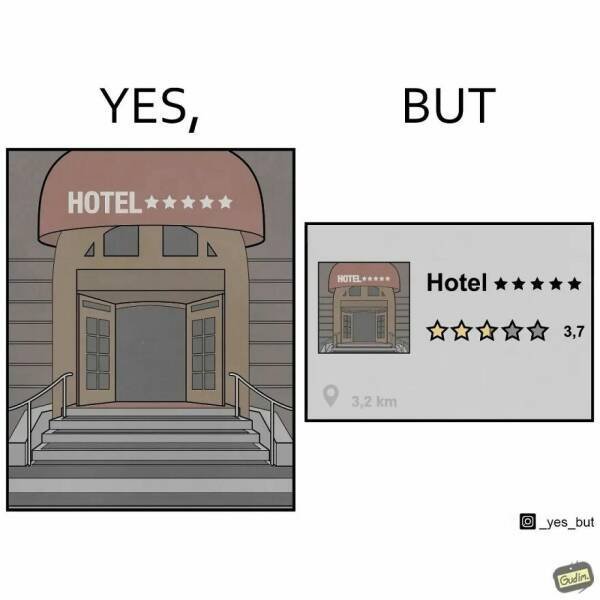
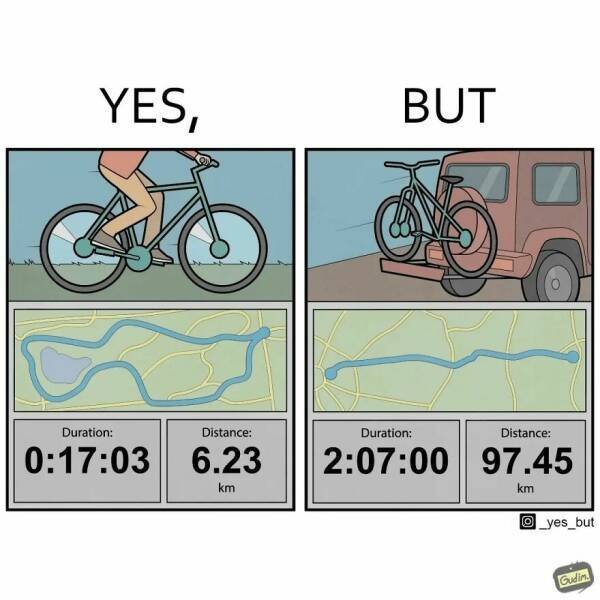
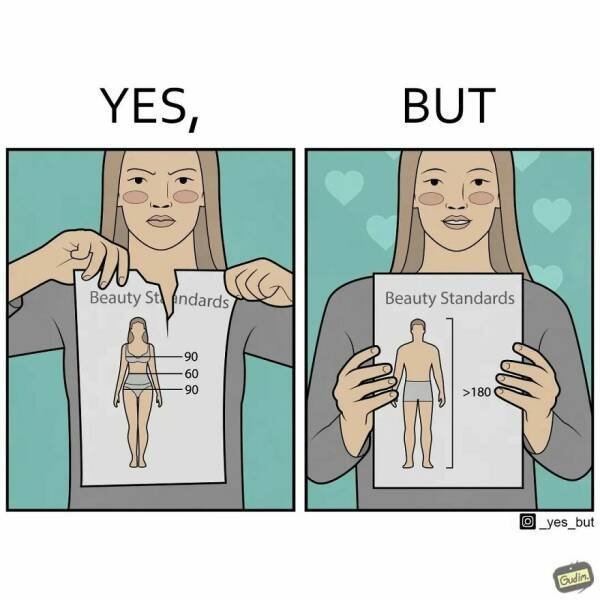
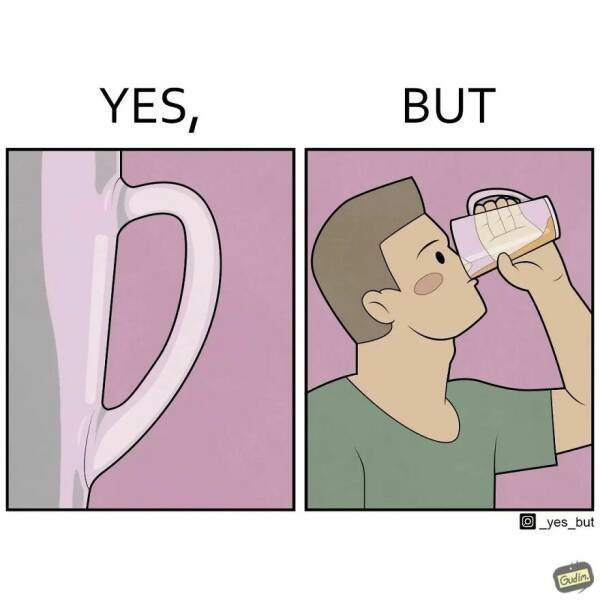
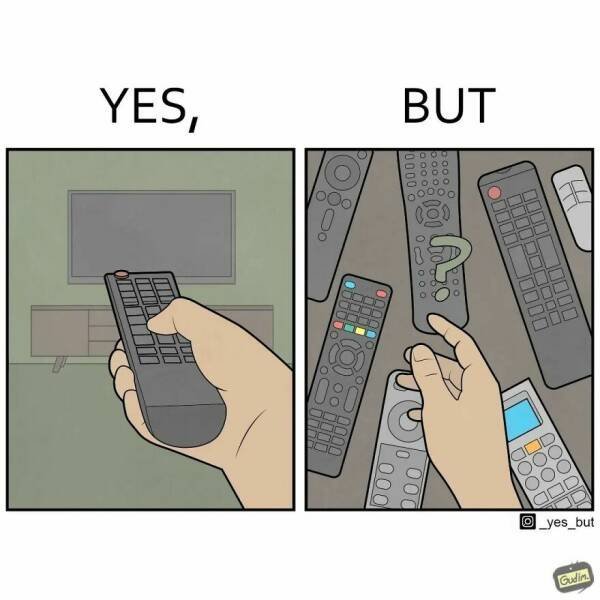

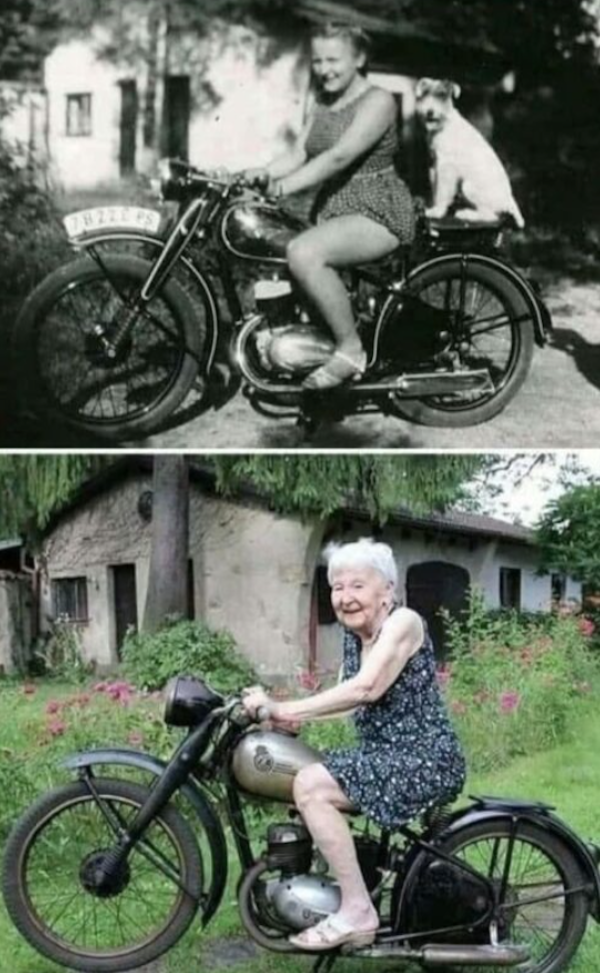


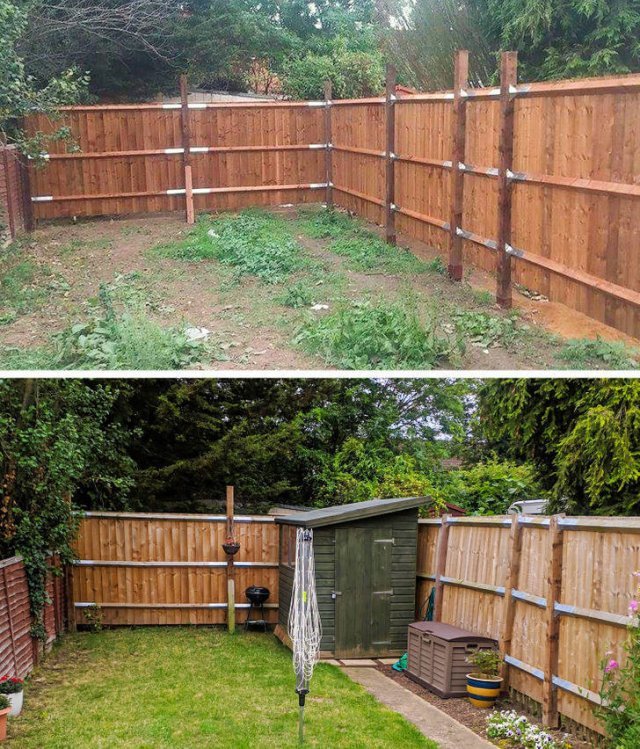
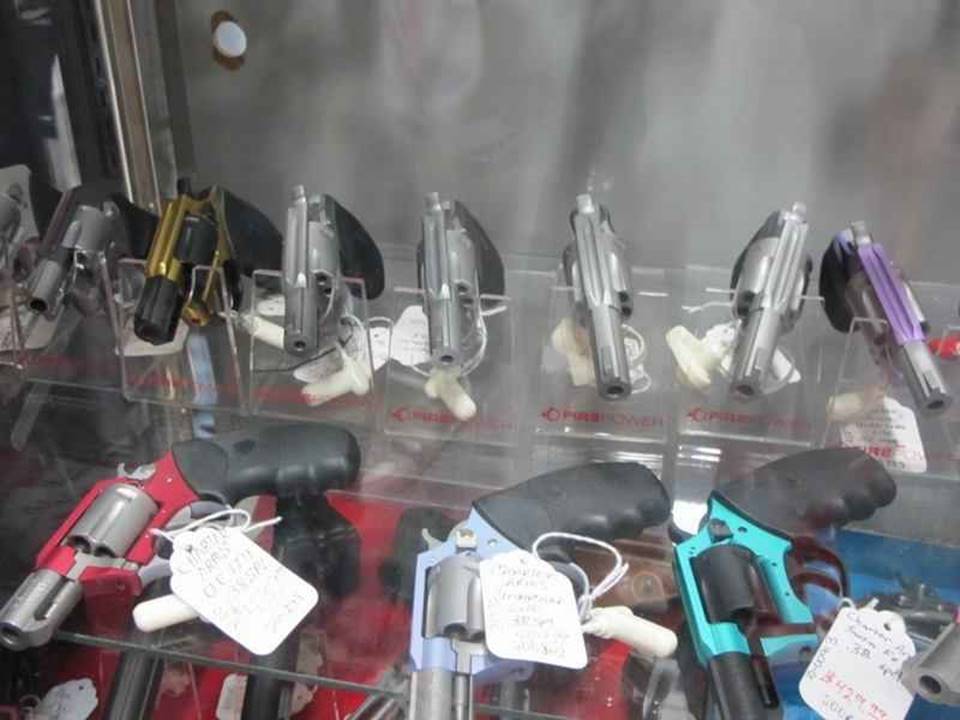




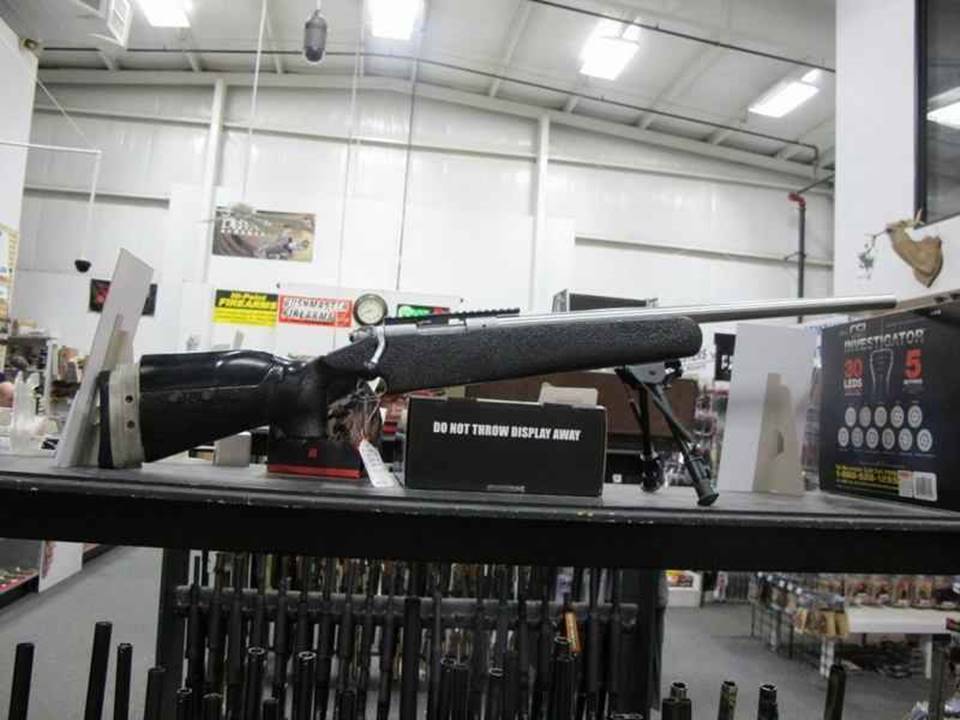





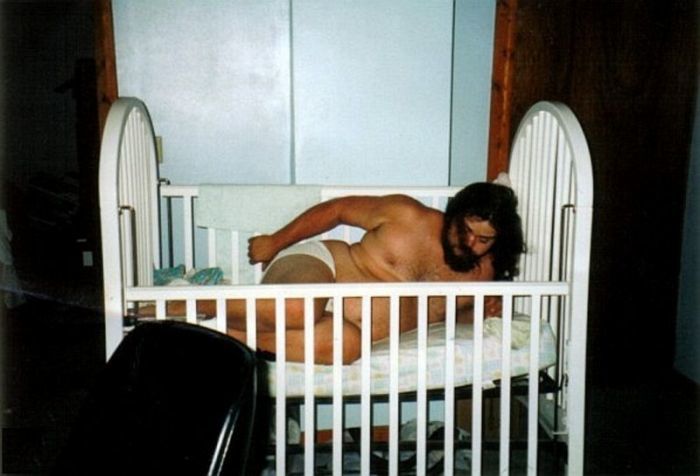

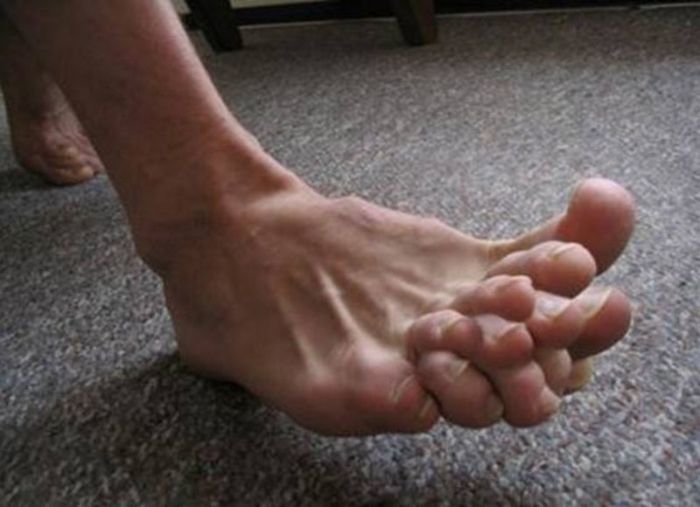





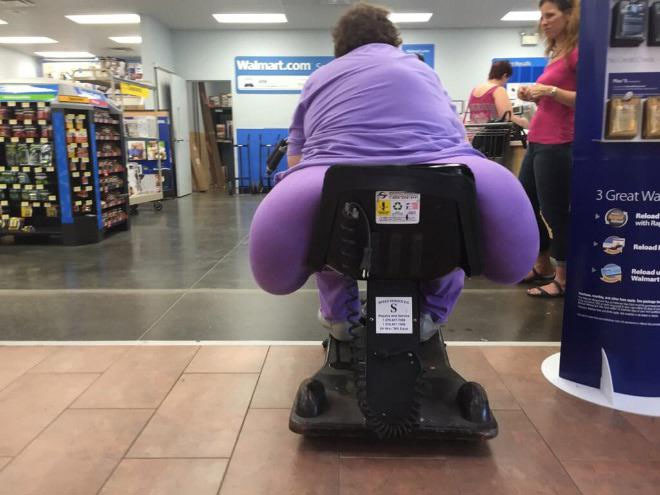

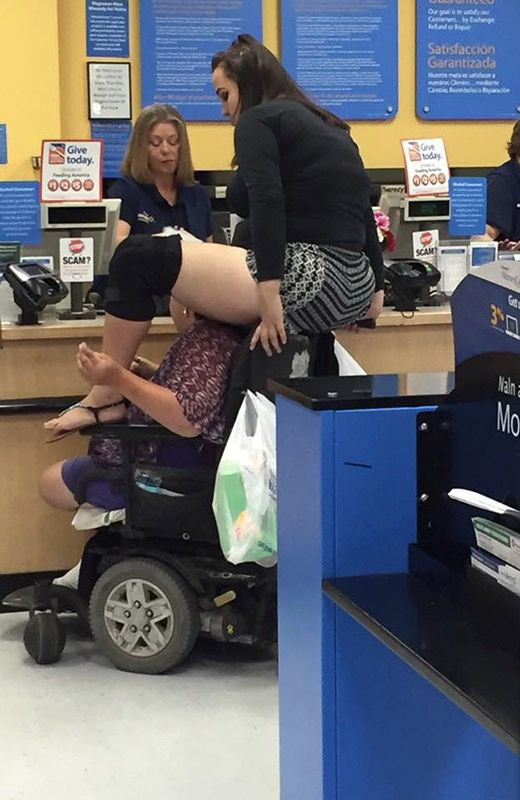


» INTRO TO WORD SMARTS
» PINTEREST ICONIC COMIX
» HISTORY FACTS * Gold wasn't always the top Olympic medal *
» Word Genius Word of the day * occlude *
» JULY NATIONAL CELEBRATION DAYS JULY 26 2024
» QUIZ TREAT QUIZ *Which mammal has the most powerful bite? *
» QUIZ TREAT ANSWER PAGE
» NAT GEO * The 2024 Olympics will likely be the hottest ever *
» NAT GEO * Sharks found with cocaine in their systems *
» WISE TRIVIA QUIZ *What was the first song ever played on the radio? *
» WISE TRIVIA ANSWER PAGE
» E.S.Etaski * Sister Seekers Book 10 now available everywhere! *
» WORD DAILY Word of the Day: * literatim *
» JULY NATIONAL CELEBRATION DAYS JULY 25 2024